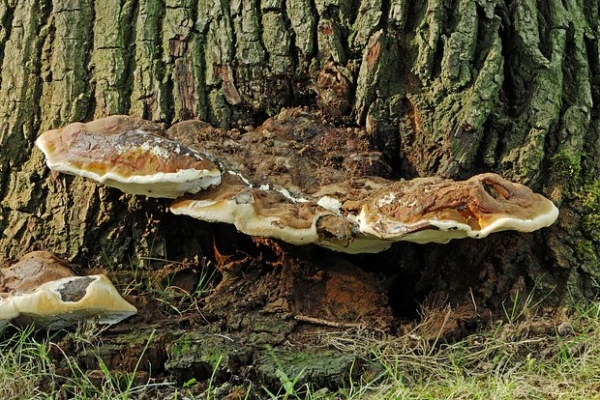
Regular consumption of cheese may reduce the risk of developing dementia.
Scientists have established that regular consumption of cheese may reduce the risk of developing dementia. The results of a large cohort study published in the journal Nutrients are based on data from more than 7,900 Japanese individuals over the age of 65, observed as part of the national JAGES project from 2019 to 2022.
By comparing elderly individuals who ate cheese at least once a week with those who did not include it in their diet, researchers found that dementia developed in 3.4 percent of the first group compared to 4.5 percent in the second. After statistical adjustment for sex, age, income, education level, and health status, it was revealed that cheese lovers had a 24 percent lower risk of cognitive impairment.
The authors note that even a small amount of cheese can positively affect the brain due to its content of vitamin K2, antioxidants, proteins, and probiotics, which are involved in regulating gut flora and inflammatory processes. Additionally, fermented products are traditionally associated with better vascular health, which also reduces the likelihood of developing dementia.
According to the researchers, the effect of cheese consumption in Japan may be particularly noticeable due to the relatively low intake of dairy products in the country. Scientists plan to clarify which specific types of cheese—fermented or processed—have the greatest preventive effect, and what the optimal level of consumption is for maintaining brain health in old age.














Leave a comment